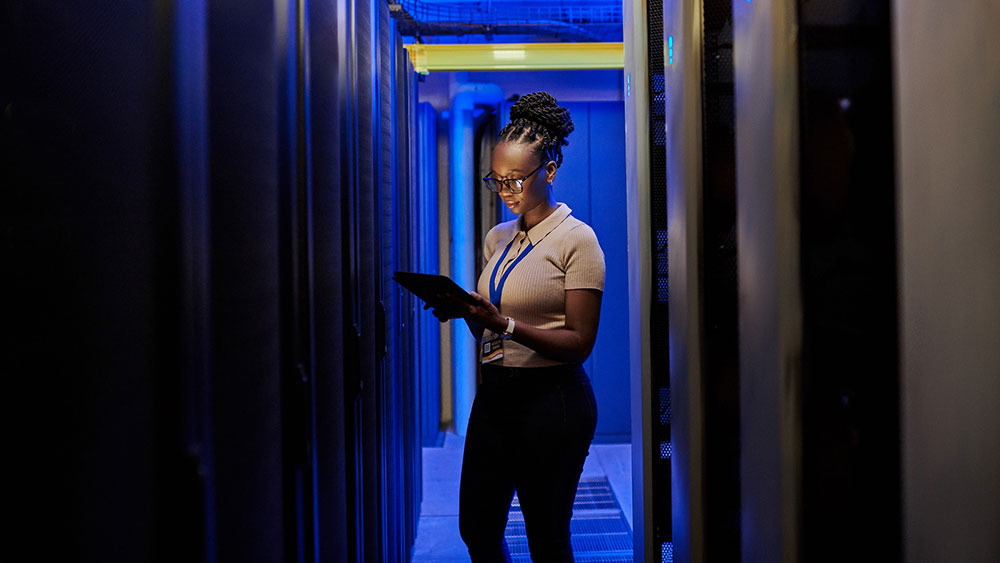
Dr. Daniel A. Jiménez, professor in the Department of Computer Science and Engineering at Texas A&M University, received a best paper award at the 2022 Institute of Electrical and Electronics Engineers (IEEE)/Association for Computing Machinery International Symposium on Microarchitecture (MICRO) held in Chicago in October.
Jiménez co-authored the award-winning paper “Whisper: Profile-Guided Branch Misprediction Elimination for Data Center Applications” with Baris Kasikci, Tanvir Ahmed Khan and Muhammed Ugur from the University of Michigan; Krishnendra Nathella and Dam Sunwoo from Arm Research; and Heiner Litz from the University of California, Santa Cruz. Two papers were selected to receive the award out of 83 accepted to MICRO.
In the paper, the researchers focused on branch prediction, a technology that enables high-performance microprocessors. They introduced technology that improves performance and reduces energy consumption for data center computing, one of the most widely used and energy-intensive applications of computing technology.
"The paper demonstrates how to use a special kind of Boolean formula to predict hard branches, increasing the effective capacity of modern branch predictors,” said Jiménez.
Jiménez received his doctoral degree in computer sciences from The University of Texas at Austin and his master’s degree in computer science and bachelor’s degree in computer science and systems design from The University of Texas at San Antonio.
He has been honored with the 2021 B. Ramakrishna Rau Award from the IEEE Computer Society and the High-Performance Computer Architecture Test of Time Award for his previous work in branch prediction. He is an IEEE fellow.
MICRO is one of the top computer architecture conferences that brings together researchers from fields related to compliers, systems, microarchitecture and chips to present, discuss and debate innovative ideas and techniques for communications systems and advanced computing.